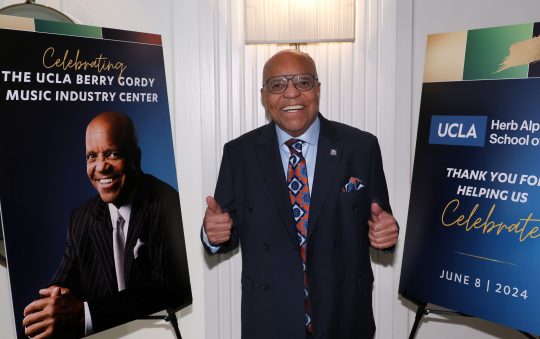
Feeding the nation’s increased numbers of hungry citizens has become an uphill challenge for local and national organizations alike. Despite efforts to address hunger within the households of underprivileged area families through federal programs like Supplemental Nutrition Assistance Program (SNAP) and local programs including free breakfast and lunch programs through the public school systems, shortages remain.
On July 14, the National Commission on Hunger heard testimonies from the public and several local organizations regarding how best to address the food insecurities they experience regularly.
Public testimony, gathered by the Commission in various cities, will collectively impact its recommendations to Congress and the U.S. Department of Agriculture (USDA) on future policies. Nadine Upshaw, a Southeast resident, attended the public hearing held at Marbury Plaza to make the committee aware of the strain she manages in caring for three grandchildren as a senior citizen.
“There are no easy answers and I am a proud woman who readily took on the responsibility of caring for my grandchildren,” said Upshaw, who gained custody of the children after her daughter was incarcerated. “The reality is that as expenses in the city go up, I am unable to stretch my little check but so far. We eat a lot of soups and stews, and coming from the South, I know how to make beans and potatoes work as meals.”
Upshaw worries the children (ages five, 12, and 16) will not get the types of nourishment they need, or lean more toward fast foods because of the scarcity of her pantry at home. “What if they start gaining weight from junk food – you know obesity in kids is a sign of poverty, not privilege – it’s all of the empty calories in over-processed, cheap food,” Upshaw said. “That’s why I am here . . . to let the people who make decisions know that many of us are trying our best, but still need help.”
Upshaw’s sentiments have been echoed repeatedly since the Commission began its hearings earlier this year. In New York, for instance, David De Vaughn, Manager of Policy and Government Relations for City Harvest, a food rescue that annually feeds millions of poor and hungry New York residents, testified that those on fixed incomes are disproportionately impacted by hunger, even when working full-time jobs. “Households are juggling fixed costs like housing and childcare, but food is an elastic expense. Families skimp on meals and skip meals to save money,” De Vaughn said. “The cost of living is outpacing wage growth: food costs have increased by 59 percent since 2000, while median earnings of working adults have increased only 17 percent during the same period.”
The 10-member National Commission on Hunger is a congressionally appointed bipartisan group made up of government and private sector hunger experts, who are charged with developing innovative reforms in both public and private food assistance programs to reduce or eliminate food insecurity.
George A. Jones, Bread for the City CEO, provided testimony before the Commission. Under Jones’ leadership Bread for the City has grown from a having a budget of $1.2 million to an $8.4 million operation that includes an expansion of its center in Northwest D.C. and a new center in Southeast.
“Our goal is to help people living in poverty by not only trying to alleviate the suffering that poverty can cause, but also by trying to rectify the conditions that perpetuate poverty,” said Jones, who manages a food pantry serving more than 5,000 households a month.






